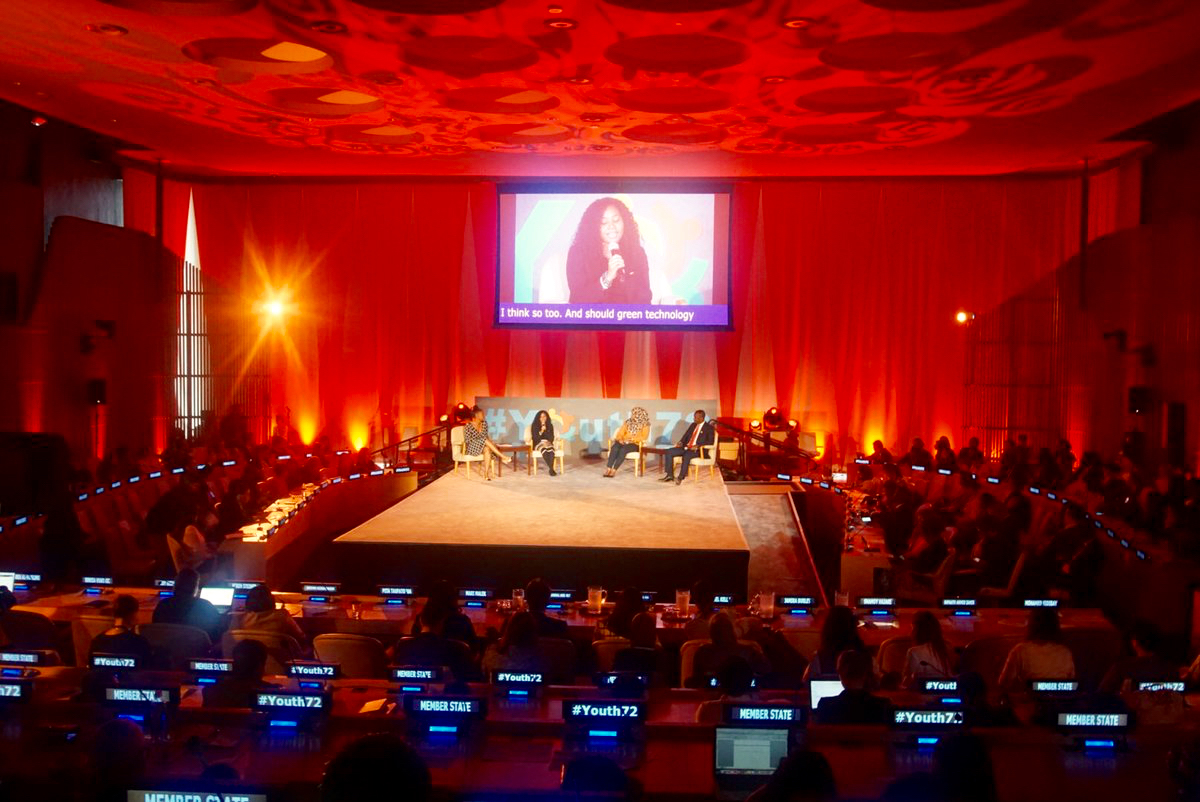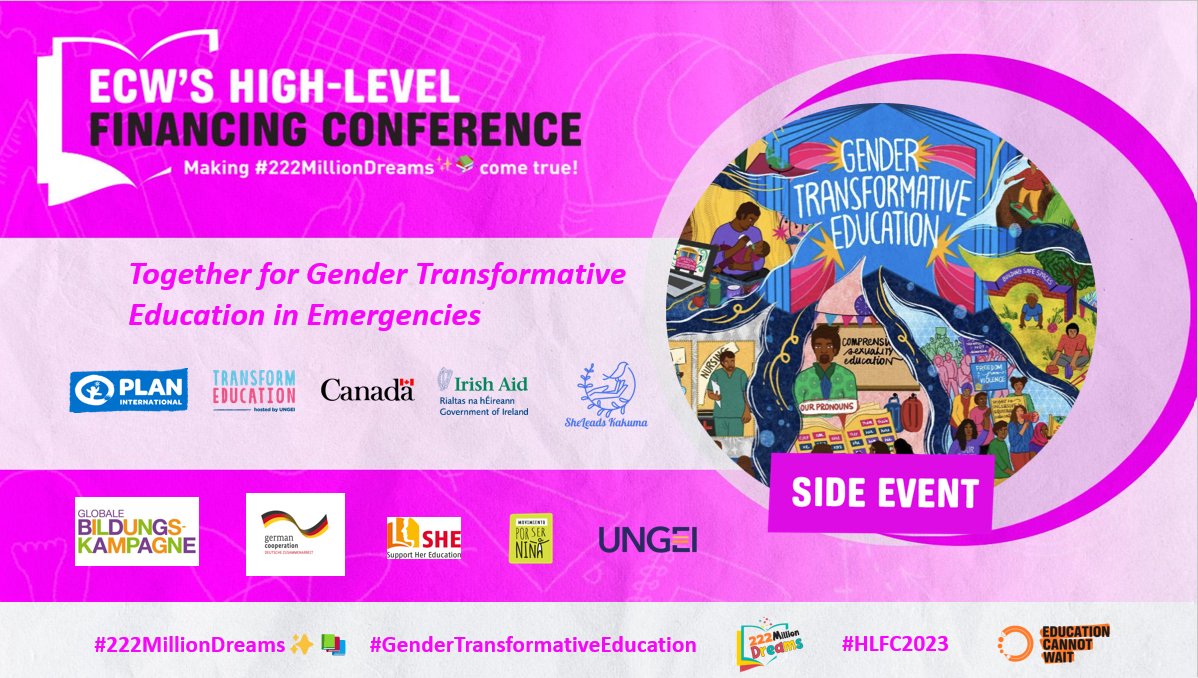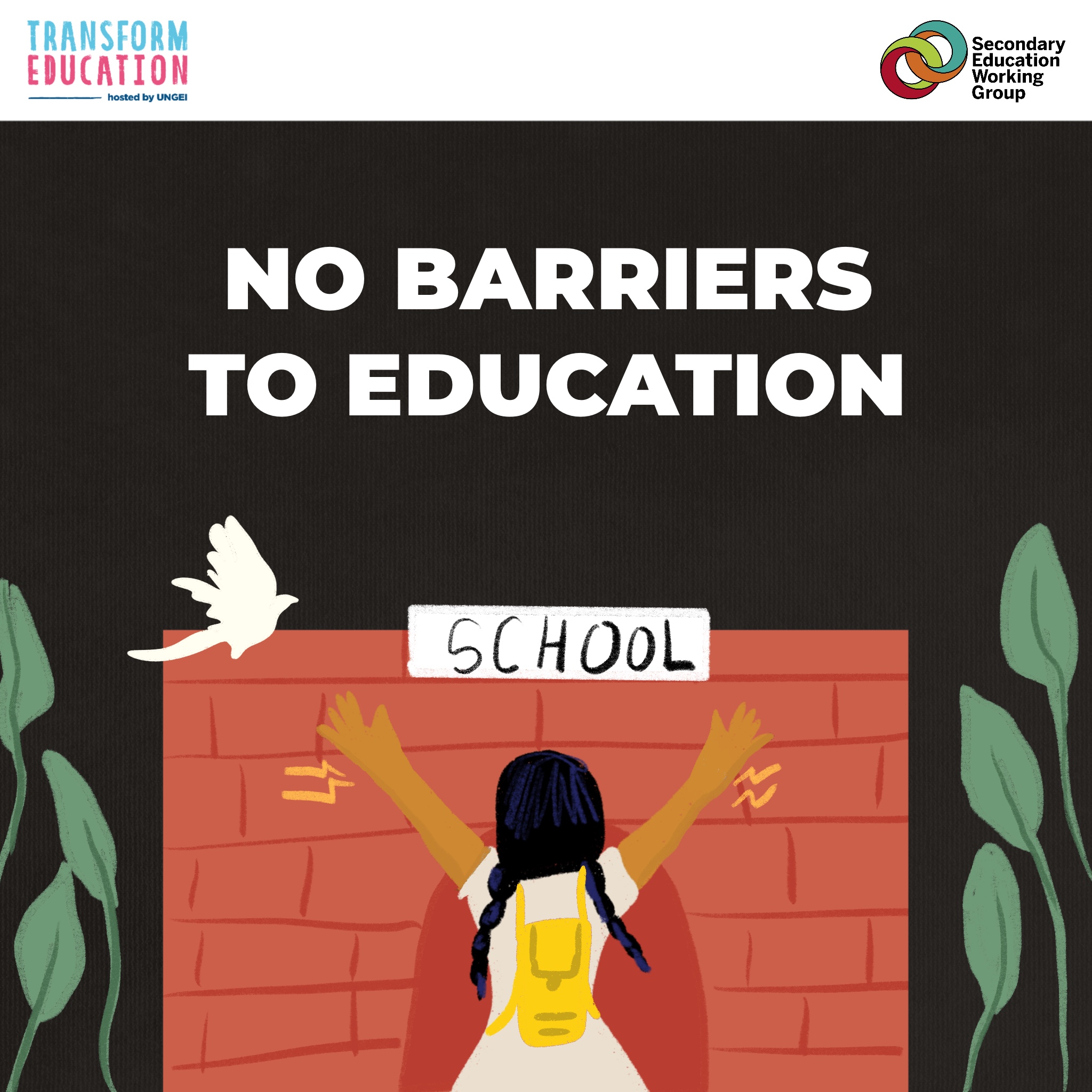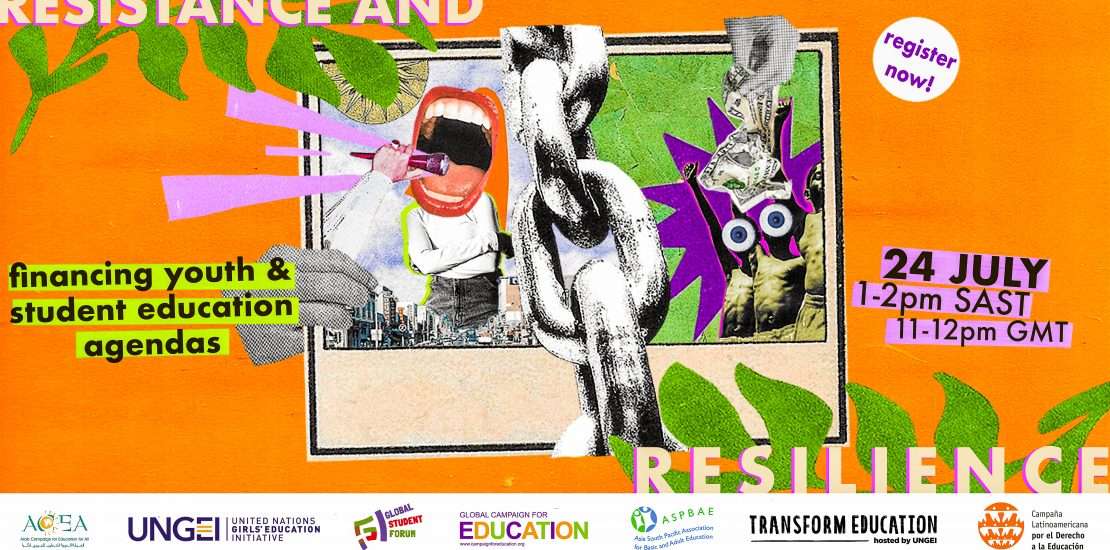What happens when a diverse group of youth change makers and activists join together at the United Nations?
Chaos? Rebellion? Wrong!
Critical thinking? Pragmatic and innovative solutions? Pure brilliance? You know it!
Not every young person is a ticking bomb. The vast majority of children and young people aspire to have better lives and build a better future for themselves and the society around them.
Jayathma Wickramanayake, United Nations Secretary-General’s Envoy on Youth
This was especially clear on the 30th of May, when the President of the 72nd Session of the United Nations General Assembly, H.E. Mr Miroslav Lajčák, hosted a youth dialogue. The President is a wise man. He said that it was a day for him to sit back and listen to us youth, and that this dialogue must continue and include youth globally.
As a youth advocate for UNGEI, I was able to witness first hand the power of youth from around the world uniting and voicing their opinions and proposing solutions to the issues that affect youth the most: bridging education and skills training with employment, and prevention of radicalisation and violent extremism.
Two key takeaways:
1.Youth know the power of educating girls and they must be included in the process
Throughout the discussions, there was a clear consensus that quality education for girls is vital to tackling the issues facing youth today: lack of employment, and radicalisation leading to violent extremism.

In the panel entitled: The future of work — bridging the gap between education and employment, moderator Jamira Burley started by asking a key question: “How do we provide young people with quality education and how can we ensure that education can provide them a pipeline to employment?”
One of the main suggested solutions was simple: ensuring that girls have access to safe, quality education and using this as a tool for empowerment and change. Another one: investment. Mohamed Sidibay, global education youth advocate and peace activist, urged decision makers to invest in all the children and youth in this world.
“We need to do more so that the 264 million children currently out of school have the right to quality education. It’s a right, not a privilege. The United Nations did not pick us off the street. We are a byproduct of education. If you are proud of our achievements and the work that we have done, invest in more children like us,” he said.
The importance placed upon girls’ education continued in the next panel discussion: Prevention of Radicalisation and violent extremism — what are the push and pull factors?
Joy Bishara, a survivor of the Chibok girls kidnapping by Boko Haram, spoke about the impact that education has had on her life pre- and post-conflict. She stated that no one, including violent extremist groups, has the right to deny girls a quality education.
To end, “When we are sending people to Mars, it baffles me that 264 million children are out of school,” said Mohammed. (Mic drop)
It baffles me too, but I am hopeful that with investment in education, especially for girls, the world will deliver on its commitment to provide a quality and inclusive education for all children.
2. No longer tokenise, but recognise
Youth must be recognised as key players in the policy and implementation process, especially surrounding education. No longer can we be sidelined in important conversations and merely included to ensure ‘youth engagement’. There was a common reason why all of us had the opportunity to participate in the youth dialogue: our education. When will the voices of the most marginalised and neglected children who are not given their right to education be included and heard? This was a great start but platforms like this must be accessible to all. We must be recognised as serious players who can bring innovative and sustainable solutions to the table.
In one day, seated around the UN table, youth were able to share the issues that affect them and put forward innovative solutions. Imagine what could be achieved if these conversations continued 365 days a year?
Young people are the experts of their own experiences, bring them to the table for their own solutions.
Jamira Burley, Head of Youth Engagement and Skills at Global Business Coalition for Education


